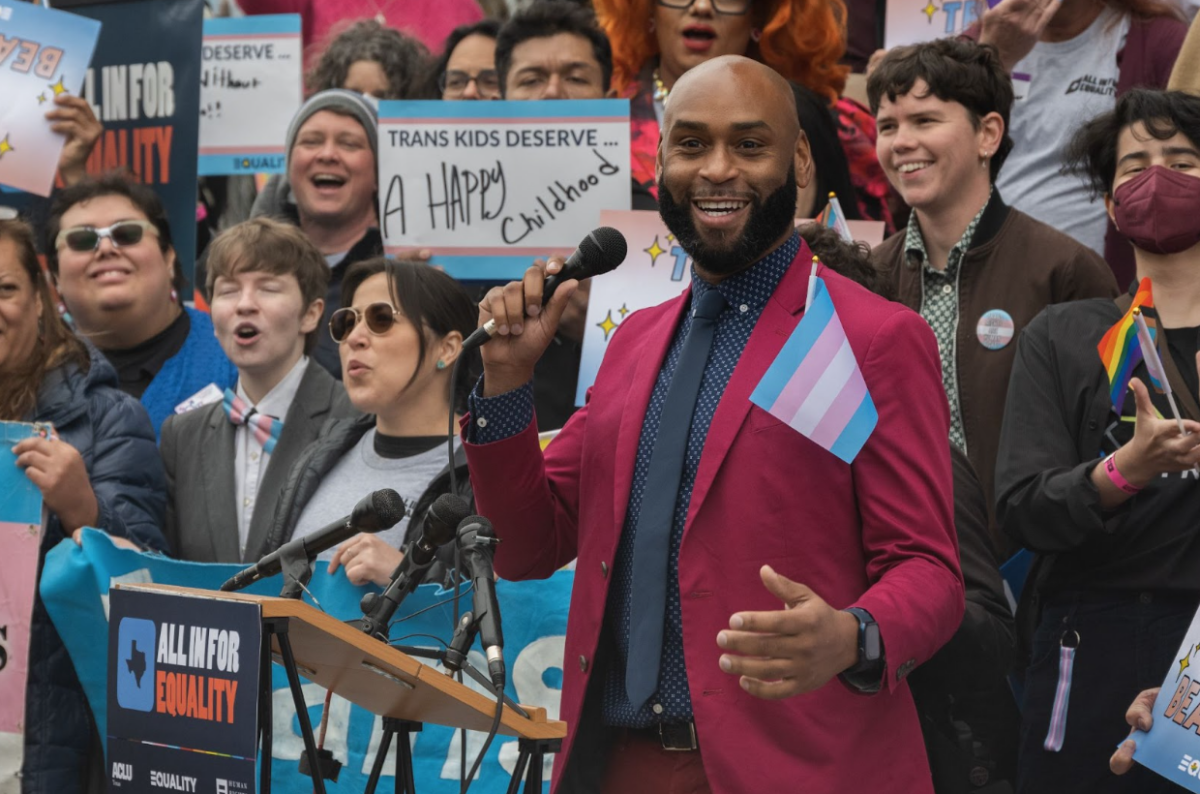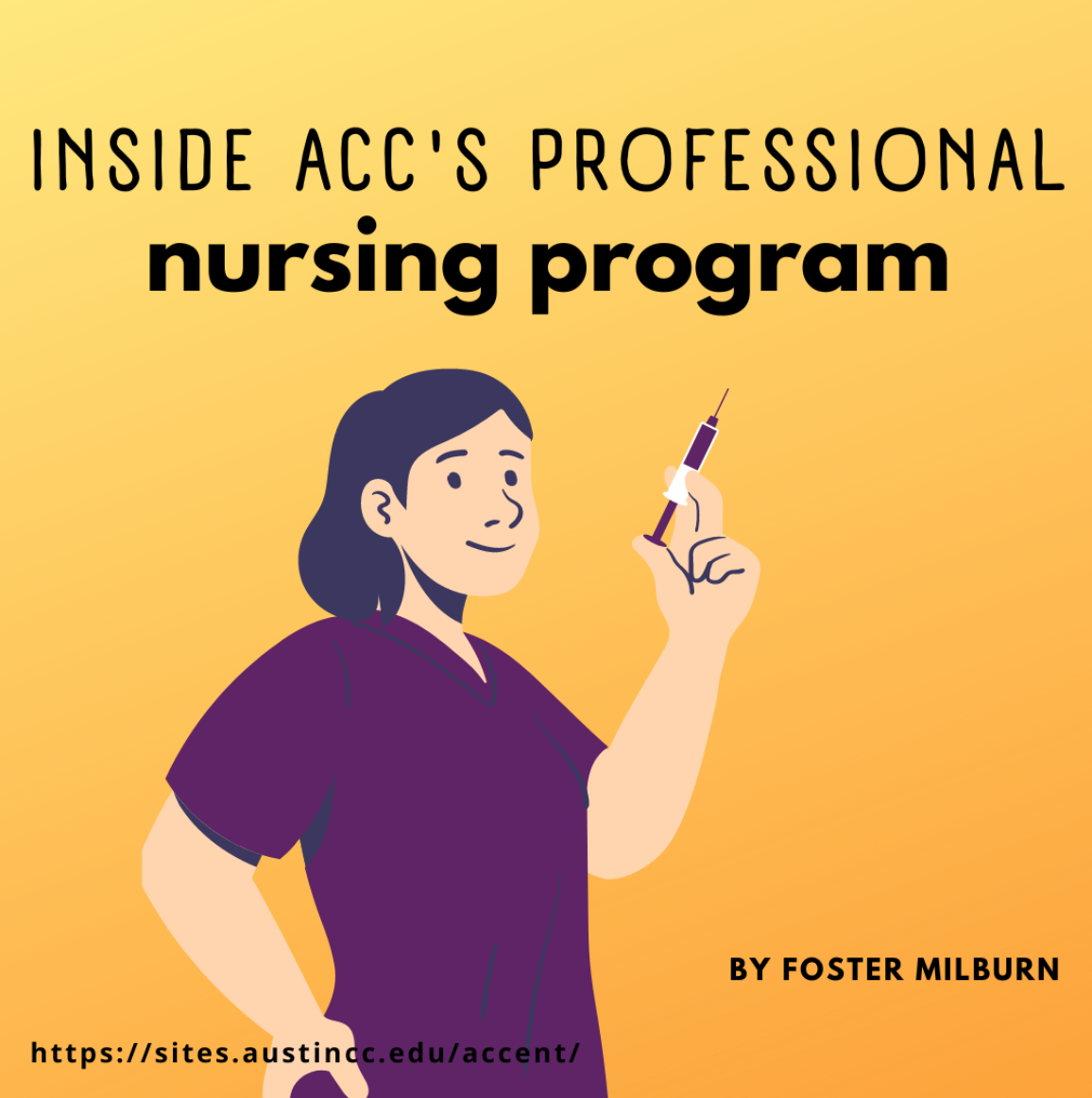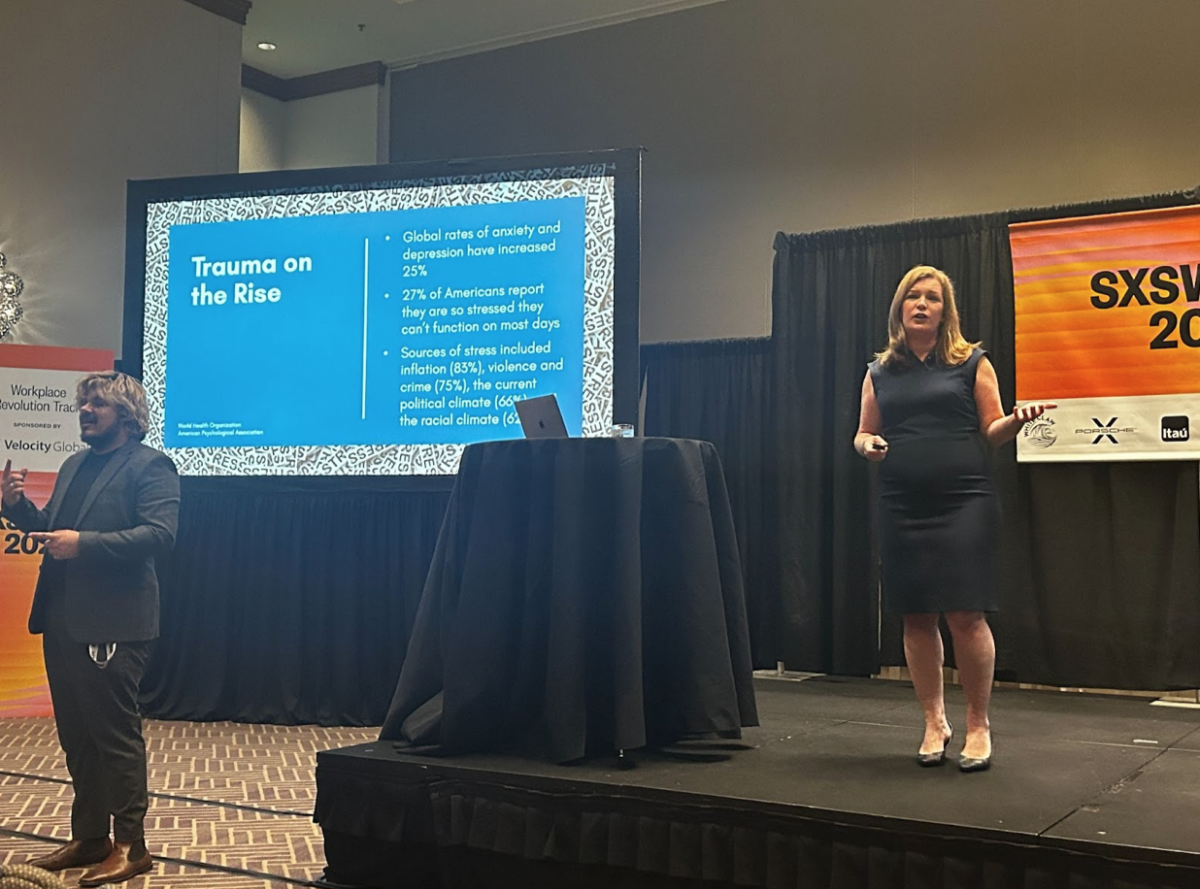Tag: Foster Milburn
-

Interview with Maxine LaQueene
ACCENT Media’s Digital Editor, Foster Milburn, interviews Maxine LaQueene in efforts to advocate against anti-trans laws. Watch Foster and Maxine discuss topics on human rights, the reality of being trans in Texas, the disenfranchisement and abuse that has befallen the trans community, and what we can do at Austin Community College to remain level-headed in…
-

Texas Advocacy Day 2023: Voices of LGBTQ Texans
The 88th legislative session started on January 10 and concludes on May 29, 2023. This term sparked a sense of fear amongst LGBTQ Texans as there are more anti-LGBTQ bills than in previous sessions.
-

OPINION: Upcoming Legislative Session Poses Threat for LGBTQ Texans
The Texas Legislative session for 2023 began on Jan. 10 and runs through May 29, 2023. Republicans control both chambers. Some bills on the agenda threaten LGBTQ Texans and women’s reproductive rights. by Foster Milburn Every two years, Texas representatives meet for a consecutive 140-day period. The sessions include the discussion and passing of bills…
-

Inside ACC’s Professional Nursing Program
The Health Sciences department at ACC has a profound reputation in Austin. by Foster Milburn Graphic by Claudia Hinojos Health science students at Austin Community College are prepared for the fast-growing healthcare industry as the college offers a flexible education pathway, realistic hospital settings, and a high state pass rate. A career as a registered…

